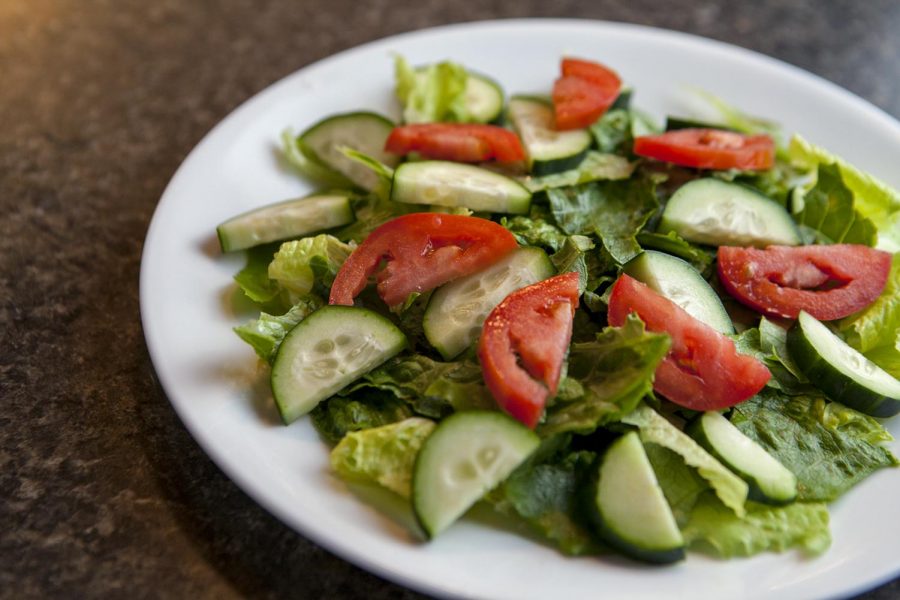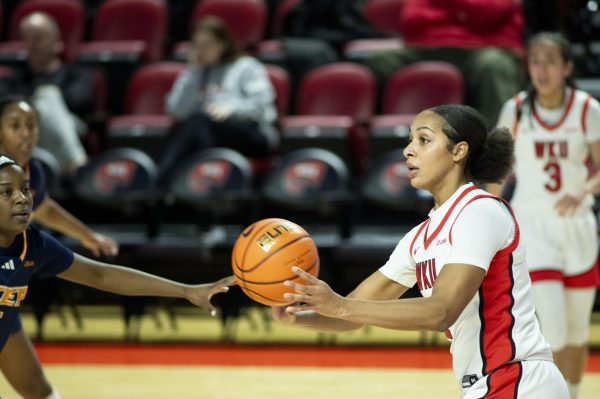Dieting Misconceptions: 5 Do’s and Don’ts to healthier eating
September 13, 2017
Dieting and healthy eating can be hard. It becomes even more difficult when you don’t know what is actually good or bad for you.
A few years ago when I first decided I wanted to change my lifestyle and be more health conscious, I wasn’t even sure where to start. Online, it is easy to get caught up with fads or crash diets. I mean, who doesn’t want to lose 15 pounds in a month?
Along the way, I’ve made mistakes in making meal and exercise plans by following bad advice but have also learned a lot about healthy living.
1. Not all fats are created equal.
Most of the time when you are trying to lose weight, food items labeled as “low fat” or “reduced fat” are enticing. When looking through the nutritional facts, if a food is high in saturated or trans fats then you should avoid it. However, foods high in monounsaturated and polyunsaturated fats are actually proven to aid in weight loss. Great examples of these foods would be almonds, avocados, fish and chia seeds.
2. Don’t completely cut out carbohydrates.
In movies and TV shows, carbs such as chips, bread and potatoes seem to be the enemy of every person’s diet. What many people may not realize is that carbs are in most foods. For example, in a cup of butternut squash, there are 15 grams of net carbs, about the same amount as a slice of wholewheat bread.
This isn’t to lead you to not eat vegetables out of fear of carbs because ultimately that is where you get the most energy. If you are working out or just being an active person, you need fuel to get you through the day. Eating healthy carbs like vegetables, whole grains and sweet potatoes are the best way to have enough energy throughout the day and still lose weight.
3. Don’t buy based on the label.
When I first began dieting, I would usually have my salad with a serving of light dressing. It’s light, so it must be healthy, right? While these options usually have fewer calories, and reduced fat products have fewer fats, they are usually higher in sugars. This is why it’s important to fully check out the nutritional facts on products before you make them a part of your diet.
4. Don’t crush on a crash diet.
You find yourself a couple weeks away from spring break and are wanting to shed a few pounds for swimsuit season. Blogs and websites entice you with the idea of “lose x number of pounds in x number of days,” or “Try this 15-minute workout to cut out belly fat.”
Typically these diets are hard to stick with, don’t yield the results you want or are not sustainable. You can’t go on forever eating only eggs and lettuce. A healthy, sustainable method of losing weight takes time and some diets don’t always work for every person.
5. Find your own plan.
Everyone has a different body type and a different method for losing weight. Certain diet plans work better for men than women and the same diet as a daily weightlifter doesn’t apply to someone who doesn’t exercise regularly. As frustrating as it is, some people are just born with a higher metabolism, which helps with weight loss.
The ultimate dieting misconception is trying to apply every diet on the internet to yourself. In reality, if you are serious about a certain lifestyle, you should decide what your goals are and do thorough research on what will work best for you, depending on your body type and activity level. It’s also not a bad idea to consult a dietitian to help guide you through the process.
Brandi Breden, registered dietitian, said her main goal when working with students is to erase the word “diet” and encourage a mindful lifestyle. She said there is no set, magic plan for weight loss, and encourages everyone to listen to what their own body needs.
“Think of food as fuel rather than eliminating a food group,” Breden said.
Rather than instructing students to eat traditional, strictly healthy foods, Breden said she encourages students to find healthy foods they enjoy or eat their favorite foods in moderation. Breden said there is already a lot of stress in college, and she recommended not letting food stress you out but rather make it fun and nutritious.
Reporter Rebekah Alvey can be reached at 270-745-6011 and [email protected].






















